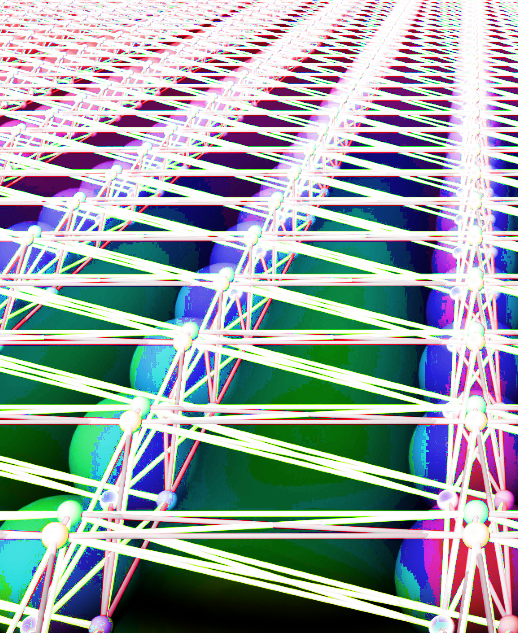Cool future for local qubits
 Australian researchers are working on a ‘cryogenic chip’ to boost the power of quantum computers.
Australian researchers are working on a ‘cryogenic chip’ to boost the power of quantum computers.
Scientists and engineers at the University of Sydney and Microsoft say they have opened the next chapter in quantum technology with the invention of a single chip that can generate control signals for thousands of qubits; the building blocks of quantum computers.
“To realise the potential of quantum computing, machines will need to operate thousands if not millions of qubits,” says Professor David Reilly, a designer of the chip.
“The world’s biggest quantum computers currently operate with just 50 or so qubits,” he said. “This small scale is partly because of limits to the physical architecture that control the qubits.
“Our new chip puts an end to those limits.”
Most quantum systems require quantum bits, or qubits, to operate at temperatures close to absolute zero (-273.15 degrees). This is to prevent them losing the quantum properties needed for computing.
In order for quantum devices to do anything useful, they need instructions. That means sending and receiving electronic signals to and from the qubits. With current quantum architecture, that involves a lot of wires.
“Current machines create a beautiful array of wires to control the signals; they look like an inverted gilded birds’ nest or chandelier. They’re pretty, but fundamentally impractical. It means we can’t scale the machines up to perform useful calculations. There is a real input-output bottleneck,” said Professor Reilly.
Microsoft Senior Hardware Engineer, Dr Kushal Das, a joint inventor of the chip, says: “Our device does away with all those cables. With just two wires carrying information as input, it can generate control signals for thousands of qubits”.
“This changes everything for quantum computing.”
Professor Reilly says big steps have already been made.
“We haven’t just suggested a theoretical architecture to overcome the input-output bottleneck, we’ve built it,” he said.
“We have demonstrated this by designing a custom silicon chip and coupling it to a quantum system.
“I’m confident to say this is the most advanced integrated circuit ever built to operate at deep cryogenic temperatures.”
If realised, quantum computers promise to revolutionise information technology by solving problems beyond the scope of classical computers in fields as diverse as cryptography, medicine, finance, artificial intelligence and logistics.
More information is available here.







 Print
Print